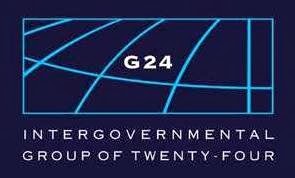The Trans Pacific Partnership (TPP) being negotiated by 12 governments represents an important opportunity for a fresh approach to the treatment of capital flow management measures in trade agreements. Most regional and bilateral free trade agreements (FTAs) and bilateral investment treaties (BITs) enacted in the past two decades have encouraged capital account liberalization based on the view that this policy choice would facilitate more efficient international allocation of resources and spur foreign investment and growth in developing countries. In recent years, however, there has been a major re-thinking on the issue of capital account liberalization. In December 2012, the International Monetary Fund (IMF) issued a new “institutional view” that endorses the regulation of cross-border finance in some circumstances. The IMF also pointed out that many trade and investment treaties do not provide the appropriate level of policy space to regulate cross-border finance when needed. While the IMF’s new position was the outcome of many years of analysis, it was no doubt influenced by the 2008 financial crisis and the fact that a number of governments have used various forms of capital flow management measures (CFMs) in recent years to address financial volatility. The Trans-Pacific Partnership, as the first major trade negotiations since the 2008 crisis, presents an important arena to ensure coherence between current thinking on CFMs, including the IMF’s “new view," and trade and investment agreements.Read rest here.
Wednesday, January 22, 2014
G-24 Policy Brief: Capital Flow Management and the Trans-Pacific Partnership Agreement
Subscribe to:
Post Comments (Atom)


No comments:
Post a Comment